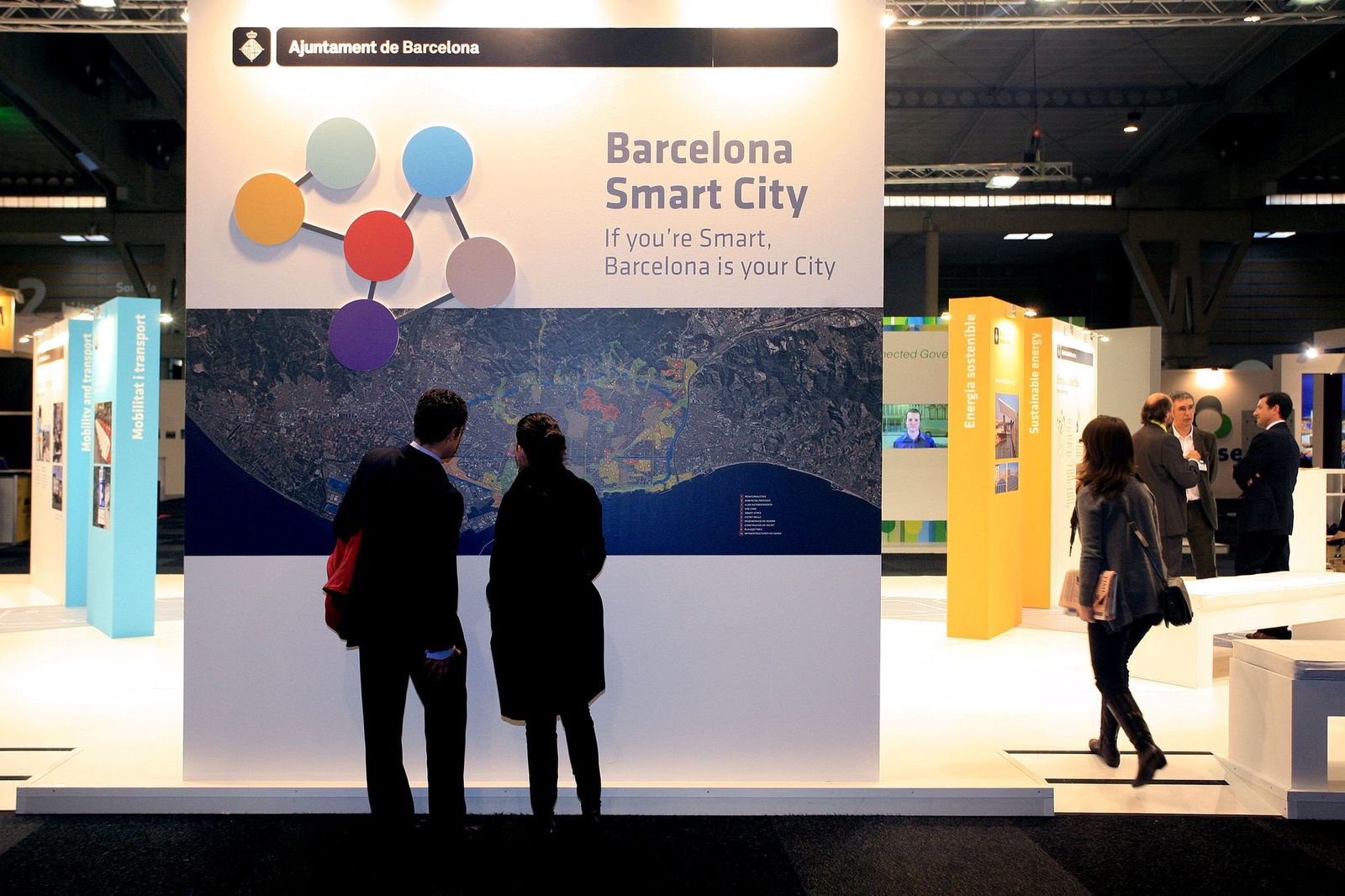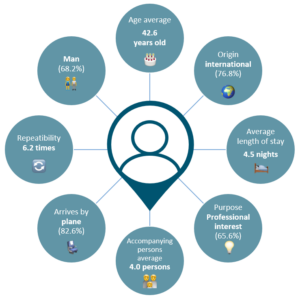The results report of the Congress Tourism Survey 2024 have been presented

The Barcelona Convention Bureau has presented the results report of the Conference Market Survey 2024, carried out by GESOP. The main conclusions for Destination Barcelona of this edition are presented below:

Source: Barcelona Tourism Observatory, based on Barcelona Convention Bureau and GESOP
_____________________________________________
The 2024 Conference Market Survey was carried out among those attending congresses held in Destination Barcelona in 2024, with the aim of achieving a better knowledge of their profile, analysing different aspects of their stay and measuring their satisfaction with the congress and the visit. The study was carried out for the first time in Barcelona city in 1993 and in Barcelona region in 2018.
More information: bcb@barcelonaturisme.com
The latest monthly tourism activity data in Destination Barcelona have been updated
El Observatorio del Turismo en Barcelona (OTB) presenta la primera cápsula del informe anual de 2025
The OTB presents the monthly update on the Destination Barcelona tourism activity forecast report